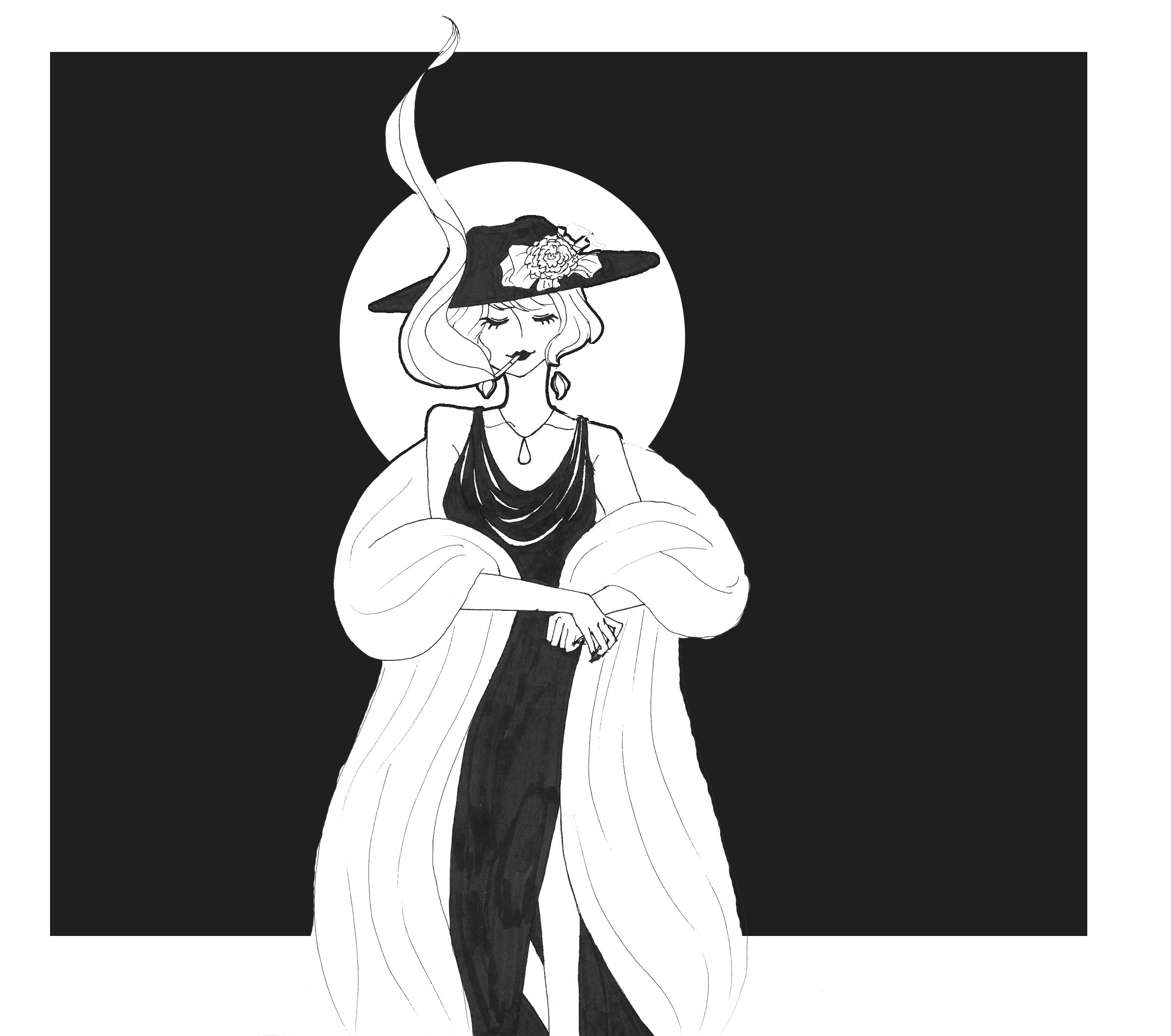Sajila Nudrat | Health Editor
Featured Image by Natalia Pan
The Toronto International Film Festival (TIFF) runs from September 6 to September 16 this year. Among it’s 343 films, the 2018 festival will feature 21 world premieres, 11 Canadian premieres, and 13 features directed by women.
The acclaimed film festival is making a push towards getting more women involved in the film industry. Last year, the festival launched a new fundraising initiative to support women in film. TIFF aimed to raise $3 million over the course of its five-year plan.
Dubbed ‘Share Her Journey, the plan was unveiled with the hope of increasing the number of women enrolled in the year-round professional development programs provided by the organization. Those programs included, but were not limited to, a three-month residency for emerging female creators, and a speaker series on gender equality and identities.
This past June, the TIFF organizers furthered their inclusivity agenda by announcing a program to ensure that at least 20 per cent of all film critics and journalists are members of underrepresented groups, such as women and people of colour.
Nonetheless, the fight for equality still lives on; not only onscreen, but offscreen as well. In this post ‘#MeToo’ era, TIFF is aiming to provide a little sense of justice in a year that has been plagued by shame. A study done this past June by USC Annenberg found that 82 per cent of film critics are white and 78 per cent are male.
This year at TIFF, 34 per cent of films are made by women and of the 343 features, 136 films have female leads. One of those films is Widows, starring Viola Davis, a talented women of colour. It’s about time TIFF and the Film industry as a whole took notice of all the different demographics and social justice issues that are pertinent in today’s society.
The Hate U Give is a story about a 16-year-old woman of colour who witnesses the shooting of her childhood friend at the hands of a white police officer. Based on a novel written by Angie Thomas following the police shooting of Oscar Grant, it deals with themes of police brutality, social inequality, racism and political activism.
It’s these kind of films—that stand for something, give meaning,and provide viewers with a sense of purpose—that are needed in today’s political climate.
Realistically speaking, how many more historical adaptations do we need of battles fought hundreds of years ago, in which the cast is predominantly white males and all people can talk about is one full frontal scene, because of course what is of importance today is Chris Pine’s dick (looking at you, Outlaw King).
TIFF has taken a step in the right direction. However, there’s still a long way to go before there is true equality in the film industry. If equality is not represented on the big screen, why should people implement it in their everyday lives?
Minorities need to see that their voice, their issues and they themselves matter.
It’s 2018 Hollywood. Here are the two words that should define the entertainment industry in 2019 and onward: inclusion rider.


